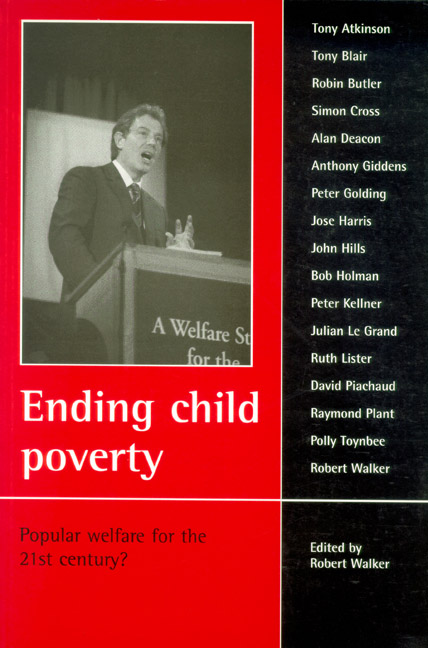8 - Conceptions of social justice
Published online by Cambridge University Press: 05 July 2022
Summary
In thinking about social justice, it is important not to use ideas that violate people’s intuitions as to what is fair or just. It is both foolish and impolitic to try to impose some top-down principle of justice that would lead to situations being described as fair that most people think are manifestly unfair, or consider situations to be unjust that most would consider just. What is needed is a conception of justice that is firmly rooted in people’s intuitions; one that is general enough to command consensus, but specific enough to yield useful policy prescriptions.
One such conception relates social justice to the extent that individuals have control over their own lives. It states that, if one individual is deprived relative to another due to social factors beyond their control, then that situation is unjust.
The roots of this conception derive from the fact that our attitude towards the justice of individuals’ position in life is affected by any knowledge we may have of how they got into that position. We cannot simply observe two people with different incomes and then decide that this situation is unjust; we need to know the factors that have contributed to their poverty or wealth, and whether they have control over those factors. For instance, suppose we discover that the two had equal ability, but one of them lived in a deprived area with poor schools while the other grew up in a wealthy district with good local schools. The individual from the wealthier area got the A-level grades to go to university and went on to a professional career, while the equally-able individual from the poor area, because of inadequate schooling, had to take an unskilled job on a low wage. In those circumstances, most people would consider the resultant inequality in their incomes to be unjust – because it was caused by factors beyond their control. But compare this situation with two similar individuals, again both of equal ability but this time both with access to an equally good education. One on leaving college chose a demanding, but high-paying job, whereas the other preferred a quiet life and chose to go into less stressful, low-paid employment.
- Type
- Chapter
- Information
- Ending Child PovertyPopular Welfare for the 21st Century?, pp. 65 - 68Publisher: Bristol University PressPrint publication year: 1999



